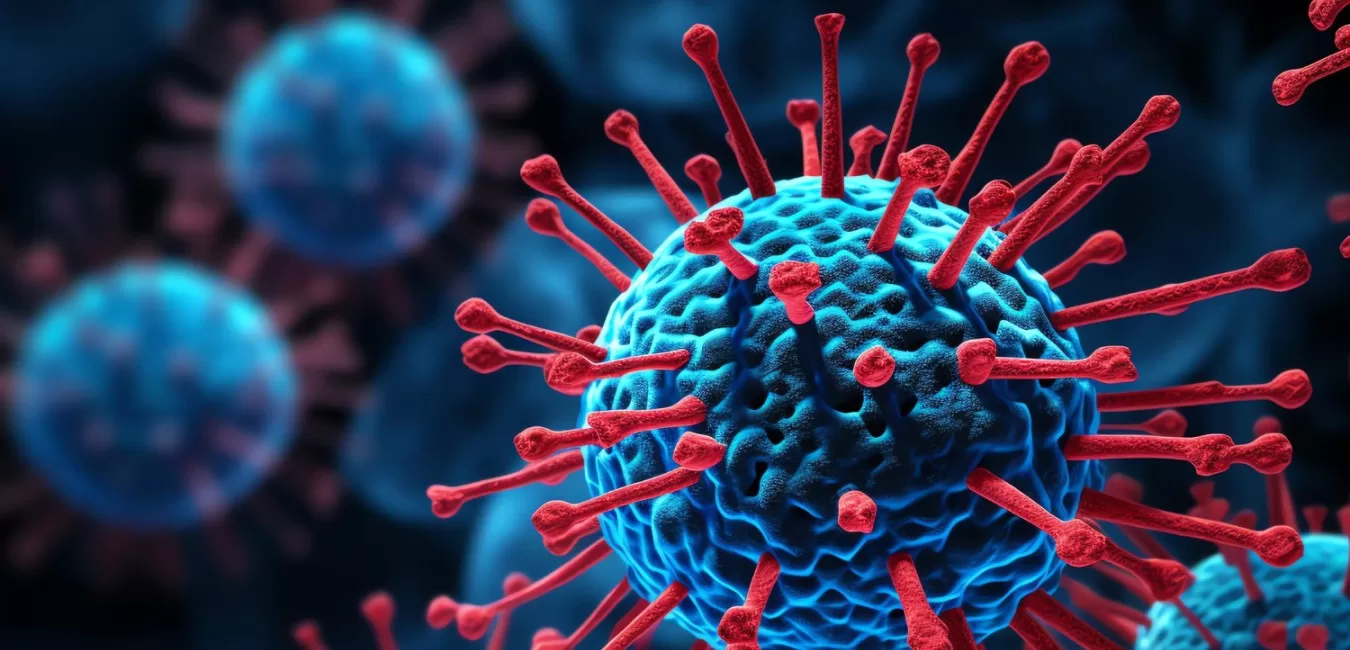Nipah Virus: A Ticking Time Bomb Raising Ethical Dilemmas

Nipah Virus: A Ticking Time Bomb Raising Ethical Dilemmas
Imagine a virus so potent it can cause brain swelling, seizures, and even death. Now, imagine that this very virus lurks in fruit bats, adorable creatures gliding silently through the night, oblivious to the deadly cargo they carry. This isn’t science fiction; it’s the chilling reality of the Nipah virus, a neglected tropical disease rearing its ugly head once again.
As an American living in the land of opportunity, you’d think such a threat would be oceans away. But with globalization blurring borders, and climate change shuffling ecosystems, Nipah is inching closer, sparking urgent questions about control, research, and the ethical tightrope we must walk.
Let’s face it, funding for tropical diseases often gets overshadowed by flashier global health concerns. Nipah, despite its terrifying potential, affects mainly low-resource communities in Southeast Asia and South Asia. But don’t be fooled by its geographical constraints. A single infected traveler could turn this regional nightmare into a global pandemic. Remember, it only takes one bat dropping on the wrong mango to set off a chain reaction.
So, what are we doing about Nipah? Well, research is slowly gaining traction, fueled by the fear of the unknown. Scientists are racing to develop vaccines and better diagnostics, but progress is hampered by limited resources and the complex nature of the virus. Should wealthy nations shoulder more of the research burden, even if it means diverting funds from their own domestic health priorities? It’s a tough call, a balancing act between global responsibility and national self-interest.
Then there’s the issue of control. Culling fruit bats, the natural reservoir of the virus, might seem like a quick fix, but it raises environmental and ethical concerns. These winged wonders play a crucial role in pollination and seed dispersal, their disappearance could have disastrous ecological consequences. Besides, wouldn’t culling be akin to playing whack-a-mole with Mother Nature? Instead, shouldn’t we focus on understanding the virus, its transmission routes, and developing humane co-existence strategies?
Nipah is a complex conundrum, a perfect storm of scientific challenge, ethical dilemmas, and the ever-present specter of a global pandemic. As an American citizen, it’s easy to feel detached, yet we’re all connected in this delicate web of life. Perhaps, the answers lie not in isolated efforts, but in global collaboration, in recognizing that a threat to one is a threat to all. Nipah may be a neglected disease, but it’s a stark reminder that in the face of a pandemic, there are no borders, only shared humanity.
Let’s keep the conversation going. Share your thoughts on Nipah virus control and research. Together, we can ensure that this neglected disease doesn’t become the next global nightmare.






